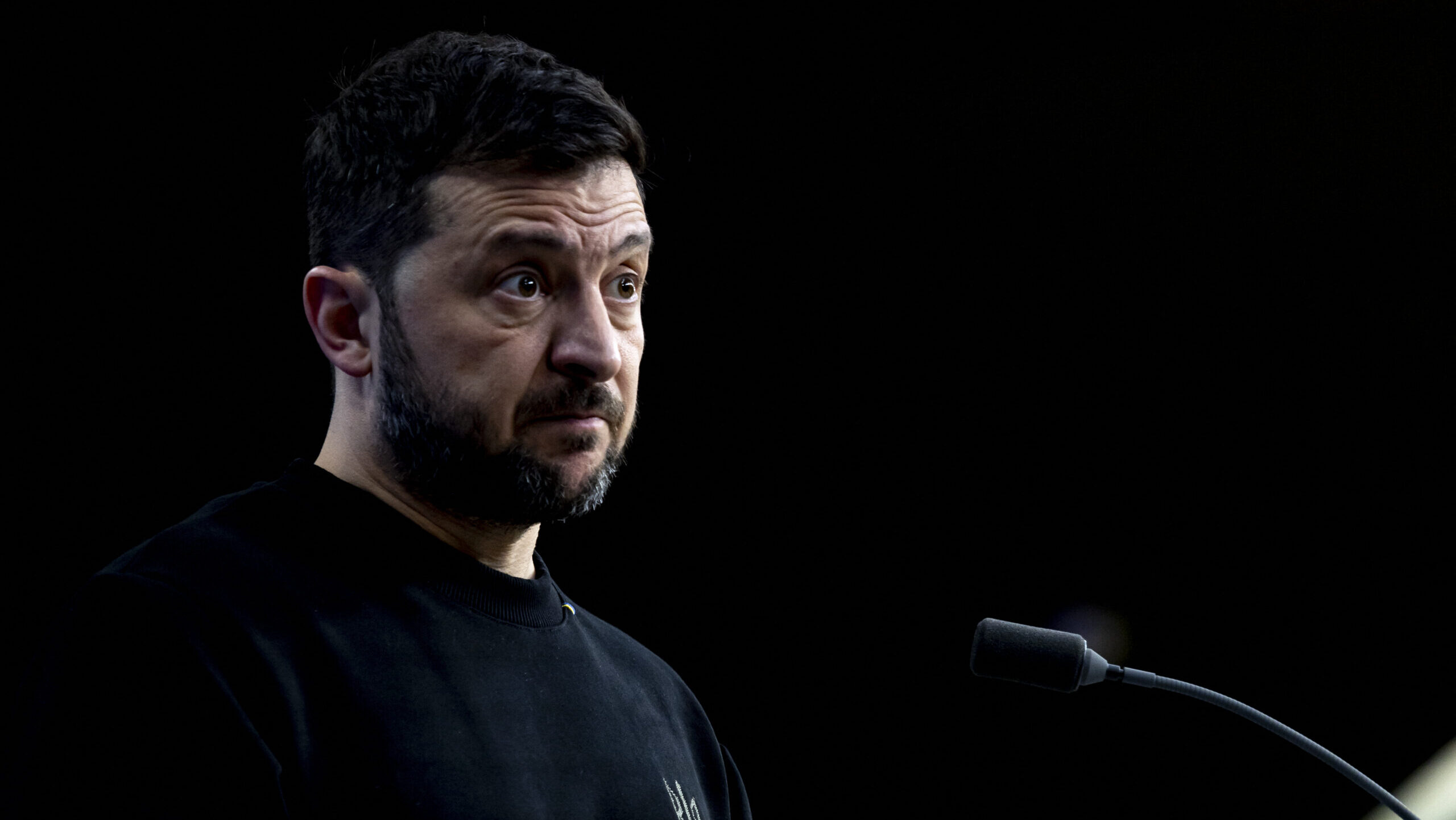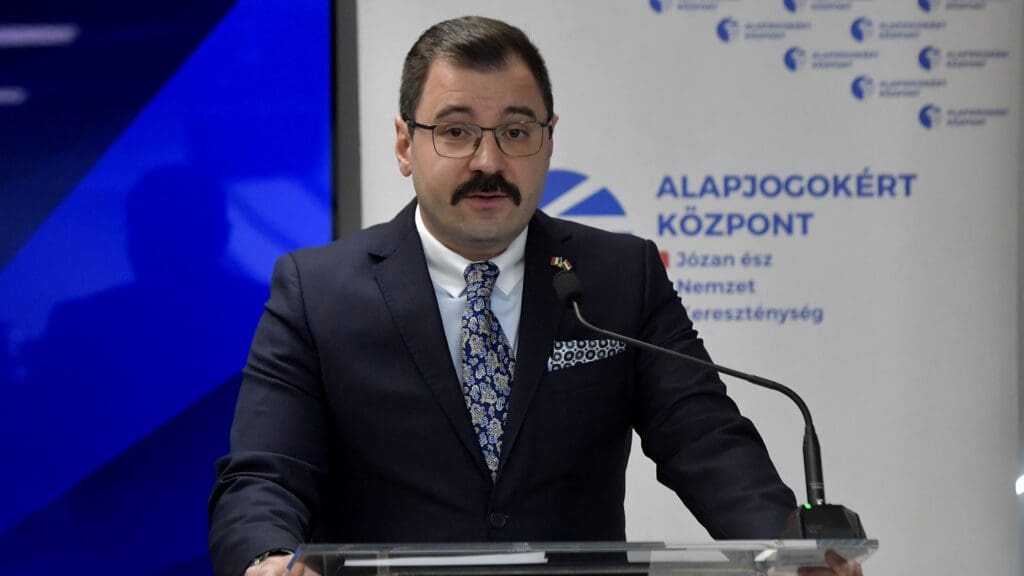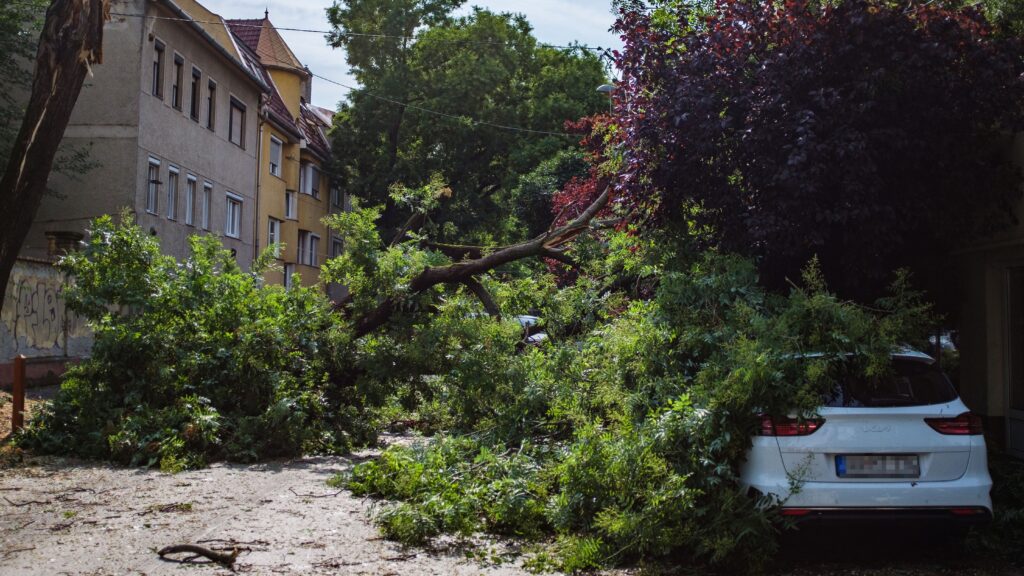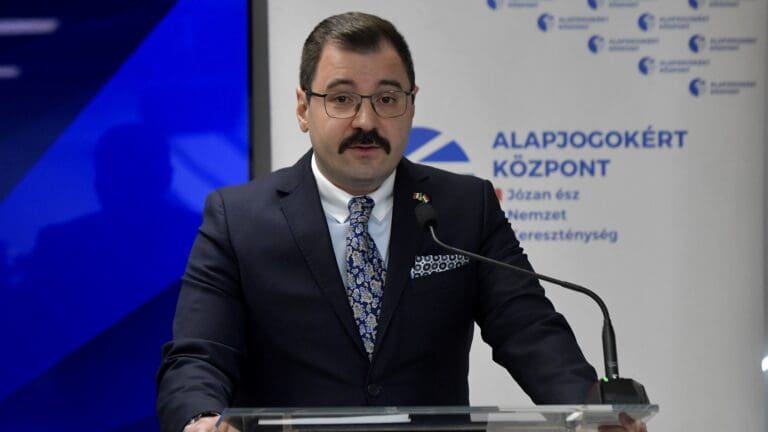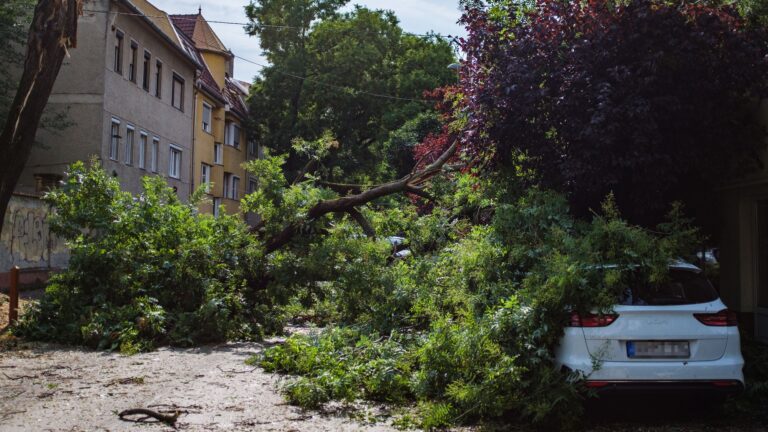The Ukrainian Foreign Ministry issued a striking and controversial statement this week following Hungarian Minister for Foreign Affairs and Trade Péter Szijjártó’s strong criticism of Kyiv’s decision to halt Russian gas transit through Ukraine this year. ‘If Hungary’s priority is strengthening Russia, then it should openly acknowledge this. Ukraine will be ready to take its place in the EU and NATO if Hungary decides to vacate it in favour of membership in the CIS or CSTO,’ the statement read.
The ministry further remarked: ‘If Hungary truly wants to help stop the war, it should start by not undermining EU unity but by strengthening energy security and independence for its own country and citizens, along with the rest of Europe and the United States.’
The Ukrainian leadership announced in 2024 that it would not renew gas transit contracts with Russia’s Gazprom, resulting in the cessation of deliveries to the European Union through Ukraine as of 1 January 2025. Péter Szijjártó recently criticized this decision, reaffirming Hungary’s commitment to the utility cost reduction programme it has been implementing for more than a decade, despite rising gas prices.
‘The increase in European gas prices was primarily caused by measures that artificially reduced the availability of natural gas, such as sanctions or political decisions banning certain sources of supply and the blocking of specific transport routes,’ Szijjártó emphasized. He noted that since the closure of the Ukrainian transit route became permanent in mid-December 2024, the price of natural gas on the European market has risen by 20 per cent. At the same time, he highlighted that Hungary has successfully secured its energy supply through multiple routes, a result of long-term efforts.
Szijjártó pointed out that while Ukraine is seeking EU membership as a candidate country, it has once again placed the European economy in a difficult position with its latest decision. ‘This is particularly true for Central Europe. I therefore held a phone call with my Slovak counterpart, Foreign Minister Juraj Blanár, to assess the situation following Ukraine’s decision. We agreed that the Association Agreement between the EU and Ukraine must be respected by both parties and that this agreement explicitly includes provisions for maintaining energy transport routes,’ he highlighted.
Zoltan Kovacs on X (formerly Twitter): "💬 "The EU's competitiveness has taken a major hit due to skyrocketing gas prices," FM Szijjártó wrote on Facebook, pointing out that European energy prices are significantly higher than those of global competitors. He attributed this to "artificially reduced gas supplies caused... pic.twitter.com/hGGYZklUqx / X"
💬 "The EU's competitiveness has taken a major hit due to skyrocketing gas prices," FM Szijjártó wrote on Facebook, pointing out that European energy prices are significantly higher than those of global competitors. He attributed this to "artificially reduced gas supplies caused... pic.twitter.com/hGGYZklUqx
In response, the Ukrainian Foreign Ministry described Szijjártó’s statements as ‘manipulative,’ citing a European Commission statement asserting that Ukraine’s decision had not negatively impacted gas prices on the European market. Instead, Kyiv placed the blame on Russia, accusing the Kremlin of weaponizing energy, blackmailing European governments, and undermining energy security.
Szijjártó described the statement of the Ukrainian FM as ‘rather aggressive’ and underlined that states aspiring to join the European Union and NATO have both rights and obligations, just as member states do. ‘In the EU, member states collectively and unanimously decide on the admission of new members. This means that each member state must vote yes,’ the foreign minister stated.
Szijjártó continued: ‘It is the sovereign right of each country to determine where and how it procures the energy resources necessary for its functioning. No external party has any authority to dictate these decisions.’ He further added: ‘No one has the right to impose more expensive or less reliable energy supply options on another country.’
‘No one has the right to impose more expensive or less reliable energy supply options on another country’
The Hungarian foreign minister also stressed that any country that has signed an association agreement with the EU or aspires to EU membership is obligated to contribute to the bloc’s energy security by maintaining transport routes. ‘Therefore, the closure of gas or oil routes is unacceptable and goes against the expectations associated with EU integration,’ he concluded.
Tensions between Ukraine and Hungary have recently escalated again, both diplomatically and in the energy sector. The two countries previously clashed last autumn when Kyiv decided to halt oil supplies to the EU from Russia’s Lukoil. At the time, Hungarian oil and natural gas company MOL Group successfully negotiated an alternative arrangement with the Russian supplier, ensuring that Hungary’s energy security was not jeopardized.
According to a recent survey conducted by Századvég, 75 per cent of Hungarians consider Ukraine’s blackmail to be unacceptable.
Related articles:

